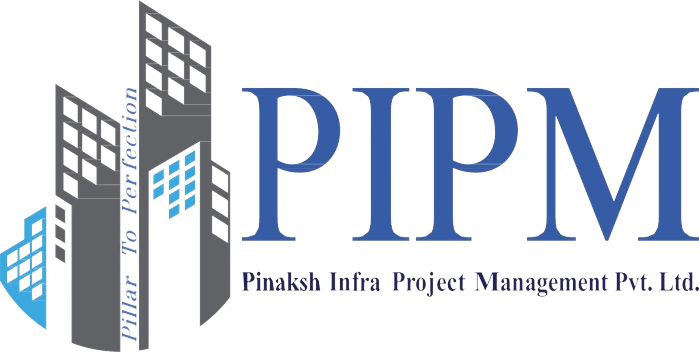Project management is both an art and a science, serving as a fundamental discipline in the world of business and beyond. It’s the process of planning, organizing, executing, and monitoring a project to achieve specific goals, within a defined scope, budget, and timeframe. This article delves into the essence of project management, exploring its principles, methodologies, challenges, and the critical role it plays in achieving successful outcomes in diverse industries
The Principles of Project Management
- Define Clear Objectives: Every successful project begins with a clearly defined objective. The project manager must work with stakeholders to establish a well-articulated project scope, goals, and deliverables.

- Effective Planning: Thorough planning is the cornerstone of successful project management. It involves creating a roadmap that outlines tasks, timelines, resources, and budgets. This step is crucial in minimizing risks and uncertainties.
- Organized Teamwork: Assembling the right team with the necessary skills and expertise is paramount. Effective communication and collaboration among team members are essential for success.
- Risk Management: Identifying, assessing, and mitigating risks is a vital aspect of project management. Being prepared for unexpected challenges can prevent costly delays.
Project Management Methodologies
- Waterfall: In the traditional Waterfall approach, project tasks are completed in sequential order, with each phase dependent on the completion of the previous one. This method is well-suited for projects with clear requirements and minimal changes expected.

- Agile: Agile project management emphasizes adaptability and flexibility. It allows for iterative development, frequent collaboration with stakeholders, and the ability to respond to changing requirements. Agile is widely used in software development but is applicable to various industries.
- Scrum: A subset of Agile, Scrum focuses on small, cross-functional teams working in short cycles called sprints. This methodology promotes rapid development and adaptability to customer feedback.
Challenges in Project Management
- Scope Creep: Project scope can expand beyond the initial plan, leading to delays and increased costs. It’s essential to have a change control process in place to manage scope changes effectively.
- Resource Allocation: Balancing resource availability and allocation is challenging. Over-allocating resources can lead to burnout, while under-allocating can cause delays.
- Communication: Ineffective communication can hinder project progress. Project managers must ensure that information flows smoothly between team members and stakeholders.

The Critical Role of Project Management
Project management is essential for a variety of reasons:
- Efficiency: Proper project management ensures efficient resource utilization, minimizes waste, and optimizes project timelines.

- Quality Assurance: Project managers oversee quality control and assurance processes, ensuring that the project meets the predefined standards and objectives.
- Stakeholder Satisfaction: Effective communication with stakeholders and the ability to meet or exceed their expectations are central to project success.
- Cost Control: Project managers are responsible for budget management, ensuring that the project remains within its financial constraints

